If you have money goals, savings accounts can be a great way to help you achieve them.
Here are a few things to consider when choosing a savings account to make sure you’re making the most of your money:
- How much you’ll get
Also known as interest rates. This is often the highest priority when choosing where to put your money. Different types of accounts offer different levels of interest. They can be fixed (the rate is set and won’t change) or variable (the rate can be changed by the bank or building society). Some offer higher interest rates for an initial period of time or up to a certain amount to attract new customers.
- The small print
Before opening a new account, read through the account summary to find out how to open and manage your account. You’ll want to see if there are any minimum deposit requirements, whether you need to make regular transfers, how you can make withdrawals and how interest is paid.
- Access to your savings.
Check how quickly you can access your money if you need to. Any savings you might need for emergencies should be easily accessible. If you have any savings goals you can plan for ahead of time, you can consider locking it away for a set period of time. Generally, you can get a higher interest rate for money you are willing to lock away. This just means you agree not to withdraw money from that account for a certain amount of time. If you do take money out, you might have to pay a fee.
- Can I take out my money whenever I want?
Some types of accounts require you to give notice before you can access your money. This can range from 30 days to 180 days. These can be used for savings you’re planning ahead for, for example a holiday that you’ll be taking in 2 years’ time or your child going off to uni.
- When can I access my money?
With some accounts like fixed-rate savings accounts, you’ll keep your money locked away for a longer period of time. This can be anything from 1 year to 5 years. These accounts often offer higher interest rates.
- How much tax do I have to pay?
Everyone gets a personal savings allowance each financial tax year. As a basic rate tax payer you can earn up to £1,000 in interest tax-free. As a higher rate tax payer you can earn up to £500 in interest tax-free. If you want to protect your money from tax, you can use a Cash ISA. Tax-free means more money in your pocket. You can put up to £20,000 into different ISAs each tax year.
- Is my money safe?
When you keep your money with a fully UK-regulated bank or building society, it’s protected in case they go bust. Your savings are protected up to £85,000 per person per bank or building society by the Financial Services Compensation Scheme (FSCS). If you have more than this amount saved with one bank, consider spreading it across different savings accounts in different FCA approved institutions.
